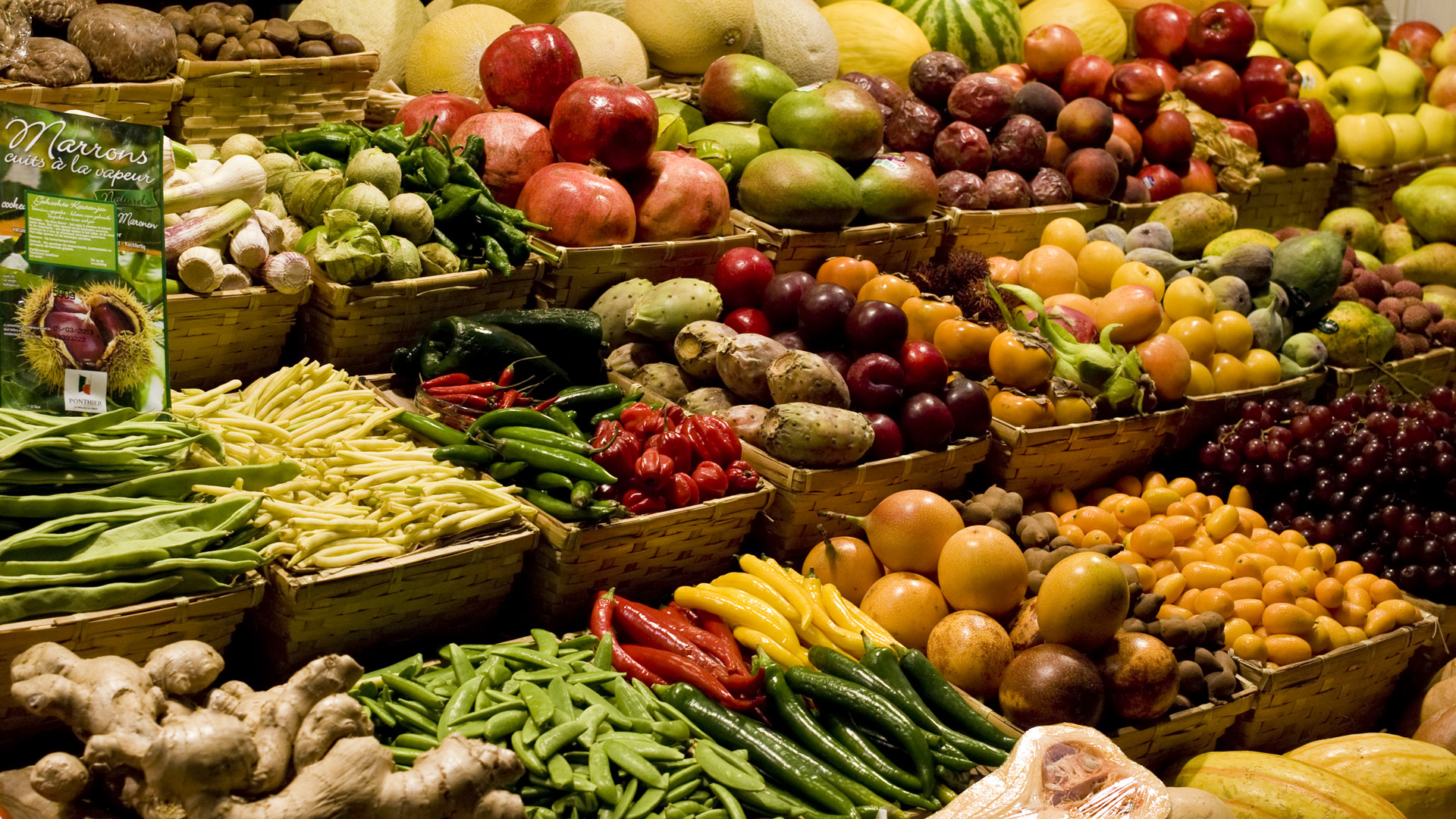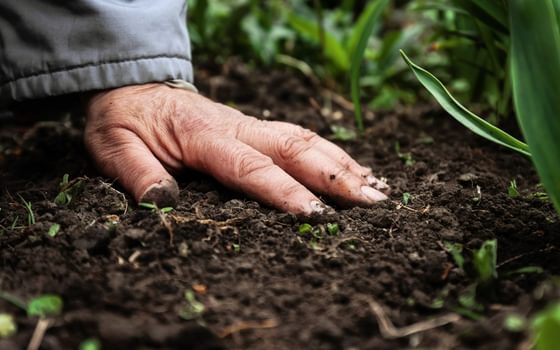The UK food system after Brexit
Migrant workers are essential to our food system in the UK. So what will be the consequences post-Brexit?
09 February 2017
More than any other sector, the UK’s food industry relies on migrant workers. Fruit pickers in the strawberry fields of Scotland, warehouses full of vegetable packers in the East of England, Lincolnshire factory line workers checking M&S chocolate eclairs, the cashier at the corner shop where you buy your milk, or the baristas at a London Pret a Manger. So many of these jobs are done by migrants.
Overall in the UK, migrants from the EU make up around 6% of our workforce. In food services (e.g. cafes) the proportion is 11% and in food manufacturing it’s 27%. No more than a sixth of seasonal agricultural work, like fruit-picking, is undertaken by British workers.
But the Government has made clear that these migrants do not feature in their vision of the UK’s future. The language and debate that has followed the referendum may be making this a reality long before our actual extrication from the EU – a recent survey of agricultural businesses found ‘a dramatic change in the availability of EU labour’ in the last six months (3). So what happens to our food system without migrants?
First of all, it is not feasible that the UK’s domestic population could or would fill this enormous gap. There’s a reason that these jobs are filled by migrants: they are often badly paid, difficult and, in some cases, exploitative. The business model in various parts of the food supply chain necessitates this type of precarious employment and for many migrants it is the least bad of the options they face.
The more likely outcome, then, is that business models will have to change. We may see a drive towards greater automation of particular tasks to obviate the need for cheap labour. Agri-robotics companies will see immigration controls as a market opportunity, while food manufacturers will suddenly find it relatively more profitable to invest in computerisation.
But not all businesses will have the capacity to invest in new ways of producing – they will face two options: merge with another business to survive, or cut losses and shut down. That would mean jobs disappearing in our biggest manufacturing sector, for British workers as well as migrants, and would leave us with larger, more powerful companies dominating what’s left.

Photo credit: Tavallai
Unless this scenario leads to astronomic productivity improvements it is more than likely that we will produce and process less food in the UK, importing more from other countries. Of course, this future scenario is also one in which trade is likely to be more expensive, with new barriers and tariffs potentially cropping up between us and Europe. Add to that the increased cost of imported inputs because of the fallen pound and you get a double whammy: a crippled industry and more expensive food.
Over the long term we can’t know exactly how the UK food system might reinvent itself, but the immediate prospects of an immigration crackdown are decidedly gloomy.
For the country as a whole, the possibility of an immigration crunch is an economic calamity and an affront to the hard-won openness and inclusivity that exists. But for the food system in particular it is life threatening. That’s why the deal we reach with the EU after our exit must continue to allow migrants to play their irreplaceable role in putting food on our table, and to enrich our economy and culture in so many other ways.
Fighting for the right of migrants to take up this employment is the right thing to do. But we must be clear that in many cases the jobs we are talking about are back-breaking, badly paid, precarious and highly exploitative. So at the same time as we argue that migrants should be free to continue to make their living and contribute to our economy, we must also recognise that these choices are not made entirely freely. These are difficult jobs that people generally do out of necessity, not passion. This is not an ideal system – we should be working towards a future in which all work can pay well, give people autonomy and feel meaningful. But the first step down that path does not involve depriving migrants of economic opportunities; the first step is organising with those workers to demand better conditions.
That’s why our post-Brexit deal must, above all, have respect for migrants. Respect for the contribution they make to our economy, and respect for them as humans that deserve to work with dignity. That is why the New Economics Foundation is supporting One Day Without Us – a national day of action on Monday 20th February 2017 in support of migrants living, working, and studying in this country. It is in all of our interests to encourage the contribution they make to the UK while fighting together to improve working conditions for everyone.
Topics Brexit Migration Fisheries & farming






